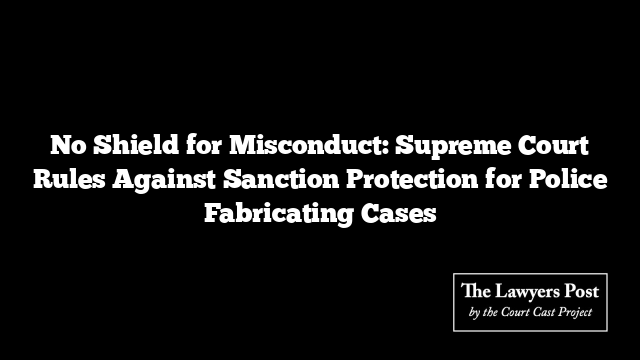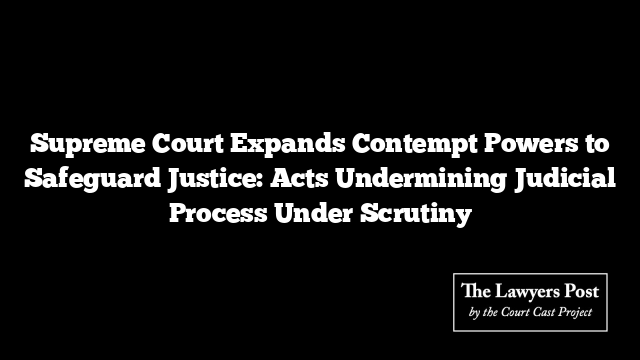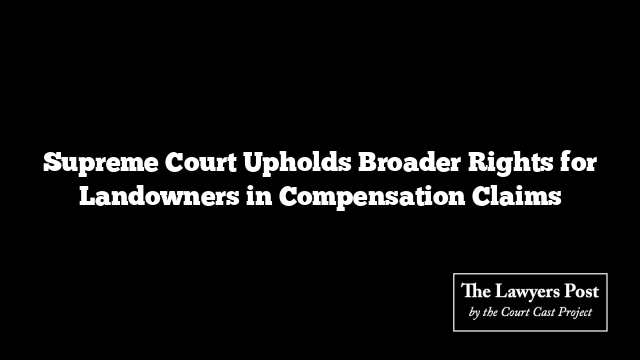In a landmark judgment, the Supreme Court of India has clarified that police officers accused of lodging false cases or fabricating evidence cannot shield themselves under Section 197 of the Criminal Procedure Code (CrPC), which generally provides protection to public officials for acts performed in the line of duty. The Court unequivocally stated that acts like fabricating evidence or filing bogus cases fall outside the purview of “official duties” and therefore do not warrant any special sanction for prosecution.
The bench, comprising Justices J.B. Pardiwala and Manoj Misra, reversed a decision by the Madhya Pradesh High Court, which had quashed proceedings against police officials for allegedly fabricating alibi documents in a murder case. The High Court had previously ruled that prosecution was invalid due to the absence of sanction under Section 197 CrPC.
The Supreme Court disagreed, noting that misuse of power for illegal acts—such as coercing statements, creating false evidence, or harassing individuals—cannot be camouflaged as “official duties.” The Court emphasized that granting protection for such actions would provide an undue advantage to public officials and undermine the principles of justice.
The judgment further elaborated that whether an act falls under official duties must be evaluated case by case. Fabrication of evidence or registering false cases, the Court ruled, are impermissible abuses of authority and cannot be excused under the protective umbrella of Section 197 CrPC.
By allowing the trial against the accused officers to proceed, the Supreme Court underscored the importance of holding public servants accountable for misconduct, ensuring that their status is not used as a shield for unlawful activities. The decision sends a strong message against the misuse of power by those entrusted with enforcing the law.





